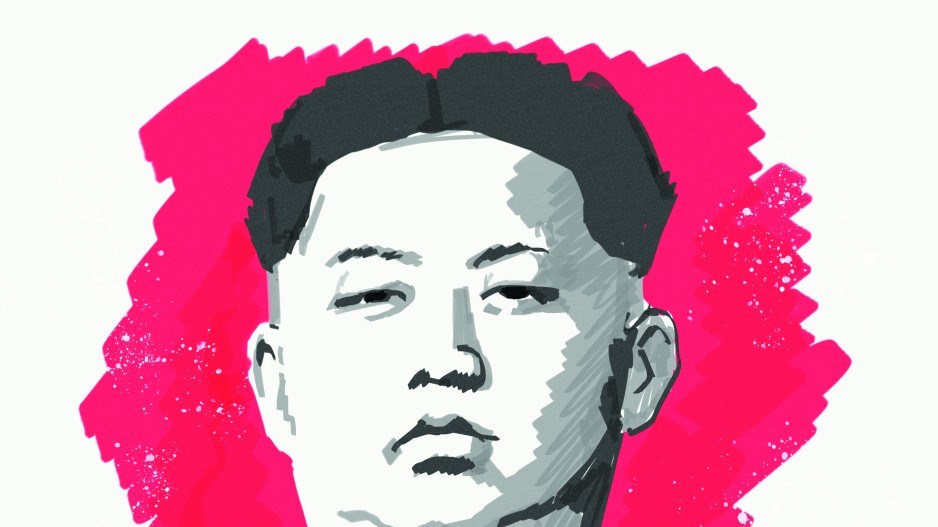With a pair of high-level summits helping to ease military tensions on the Korean Peninsula, some analysts are projecting a possible economic opening like the one China underwent in the early 1980s before it became the world’s second-largest economy.
But other observers warn that it’s too early to tell if North Korea’s Communist regime will loosen its grip on the country’s economy and, like China, warm up to capitalism.
“From a personal viewpoint, knowing what my parents went through during the Korean War and all the developments on the peninsula, I’ve only known tension in the north-south situation all my life,” said Sung Van, president of the Canada Korea Business Association (CKBA), a group of Canadian businesses that have various degrees of connection with the South Korean market. “So to see what’s happening, as a person with Korean heritage, I’m proud and pleased … but it’s far too early to talk business. Any environment that would be conducive to doing business there will take a long time to establish.”
The geopolitical détente began dramatically in January, when North Korean leader Kim Jong Un abruptly announced in his new-year address that North Korea wanted to send a delegation to the South Korean city of Pyeongchang for the Winter Olympics.
This rapidly developed into a summit meeting between Kim and South Korean President Moon Jae-in on April 27 and, after several twists and turns, a meeting with U.S. President Donald Trump in Singapore on June 12.
While North Korea remains without some of the basic mechanisms to trade with the outside world, some observers say there’s no reason rapid development can’t happen if the global community steers Pyongyang into the mainstream.
“Indeed, with the right reforms and support from the global community, North Korea has a great potential for economic development and will no longer need to earn cash via illicit means such as its diplomats trafficking in drugs and counterfeit currency,” said Jongsoo Lee, senior managing director at Brock Securities LLC, in an essay published by The Diplomat.
“It bears reminding that South Korea was among the poorest countries in the world in the 1960s when it embarked on a path of economic development,” Lee said. “There is no reason why North Korea cannot be the next Asian ‘tiger economy’ like South Korea, Taiwan, Singapore, or Vietnam.”
An Agence France-Presse report quoted Korea Risk Group scholar Andrei Lankov saying that Kim is likely to pursue a “Chinese-style” economic program where the ruling Communist authorities embraced free-market forces, a view echoed by one Chinese scholar who frequents Vancouver on economic talks.
Bo Chen, associate department chair at the Shanghai University of Finance and Economics, said the most likely business link Canadian and B.C. businesses would have with North Korea would be through China and its One belt One road (OBOR) economic and transportation network.
Canada has been courted as a potential partner in OBOR several times in the last few years, and, given the relationship between Beijing and Pyongyang, adding North Korea to OBOR seems like a logical next step, Chen said.
“When North Korea changes its direction to economic development, China would certainly like to bring it in the frame of OBOR,” he said. “First, it makes North Korea still tied with China, even though less military reliance is needed. Second, it could also strengthen the economic relation with South Korea and hence reduce the influence from the U.S., which results in a more friendly environment for [China’s] emergence.”
Another avenue through which B.C. could establish economic contact with North Korea is through South Korean companies. CKBA’s Van said South Korean businesses were among the most enthusiastic in going to North Korea in 2002, when an experimental co-op industrial zone in the border city of Kaesong opened and employed more than 50,000 North Korea workers at its peak before political tensions led to closure in 2016.
If and when North Korea opens up, major South Korean conglomerates like Samsung will likely be the first to “test the waters,” Van added.




